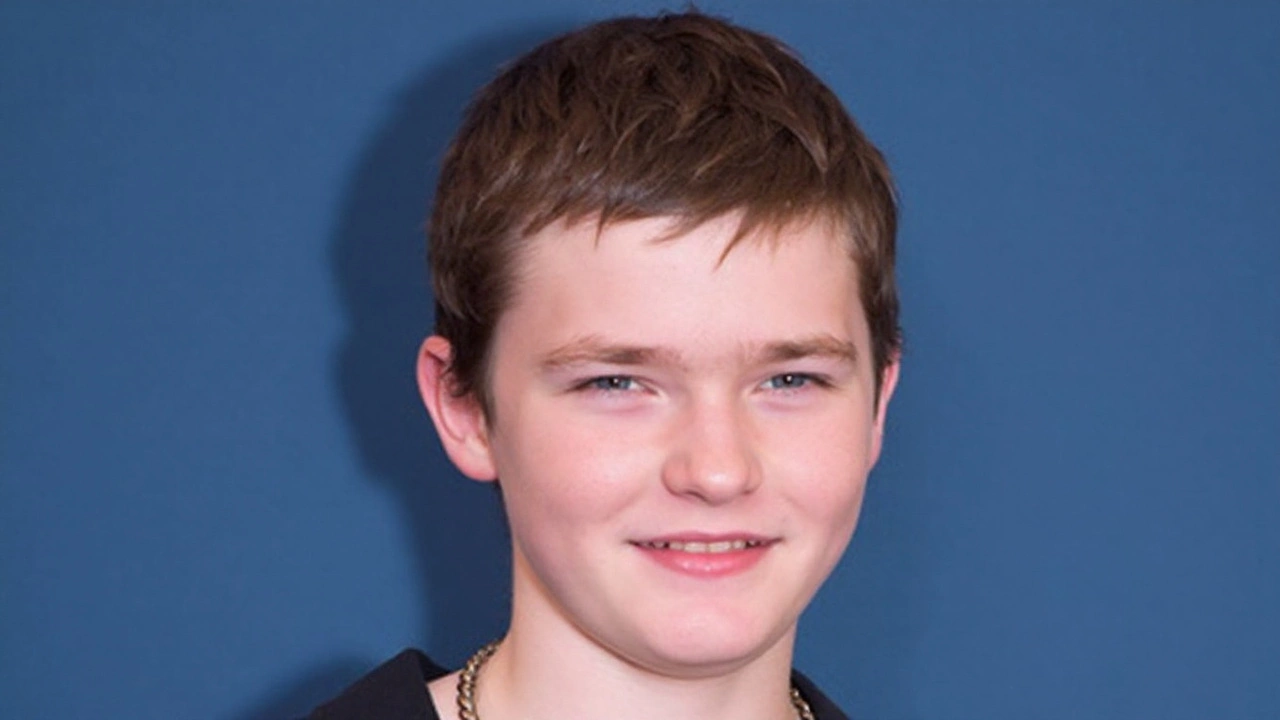Emerald Fennell – All You Need to Know
When you explore Emerald Fennell, an English actress, writer and director who blends dark humor with razor‑sharp social commentary. Also known as Emma Fennell, she first gained attention as a British actress, appearing in TV dramas and indie films before moving behind the camera. As a film director, she earned critical praise for her bold visual style. Her breakthrough as a Oscar‑winning screenwriter came with the thriller Promising Young Woman, which secured the Academy Award for Best Original Screenplay. Emerald Fennell continues to shape modern British cinema while pushing boundaries in genre storytelling.
Why Emerald Fennell Matters in Contemporary Film
Emerald Fennell’s career illustrates three core ideas: talent crossover, narrative risk, and cultural impact. First, the talent crossover idea shows how a British actress can transition to film director and screenwriter, proving that on‑screen experience enriches behind‑the‑scenes decisions. Second, narrative risk is evident in her willingness to tackle uncomfortable topics—her scripts often question gender norms and power dynamics, which makes her work a case study for anyone studying modern storytelling. Third, cultural impact links directly to the Oscar win; the award not only validates her screenwriting chops but also signals that British cinema can dominate global award conversations. These connections form a semantic chain: Emerald Fennell (central entity) → British actress → film director → Oscar‑winning screenwriter.
Beyond the accolades, Emerald Fennell’s projects reveal practical lessons for creators. Her debut film “Mrs. Harris Goes to Paris” showcases how a director balances period detail with comedic timing, a useful blueprint for anyone handling period pieces. The screenplay for Promising Young Woman demonstrates tight plot structure: set‑up, twist, and resolution all serve a single thematic thrust, an approach aspiring screenwriters can mimic. Meanwhile, her work as a producer highlights the importance of aligning talent, financing, and distribution early on—a triad that determines whether a film reaches audiences. By studying these patterns, readers can see how each role—actress, director, writer—feeds into the next, creating a self‑reinforcing creative loop.
In the collection below you’ll find articles that touch on similar crossover stories, deep dives into award‑winning scripts, and analyses of how British talent reshapes Hollywood narratives. Whether you’re curious about the behind‑the‑scenes process, looking for inspiration to write your own screenplay, or simply want to understand why Emerald Fennell’s name keeps appearing in award‑season conversations, the posts ahead offer concrete examples, personal anecdotes, and actionable tips. Keep reading to see how the themes introduced here play out across the diverse sports‑and‑entertainment topics covered on this site.
Netflix breakout Owen Cooper, 15, will play young Heathcliff in Emerald Fennell’s film adaptation of Wuthering Heights, set for U.S. theaters on February 13, 2026. He shares the role with Jacob Elordi, with Margot Robbie starring as Catherine Earnshaw. Cooper’s debut in Adolescence earned him a Primetime Emmy nomination. He’s also set for the BBC series Film Club, marking a fast rise from first-time actor to major studio film.

 Sports News
Sports News